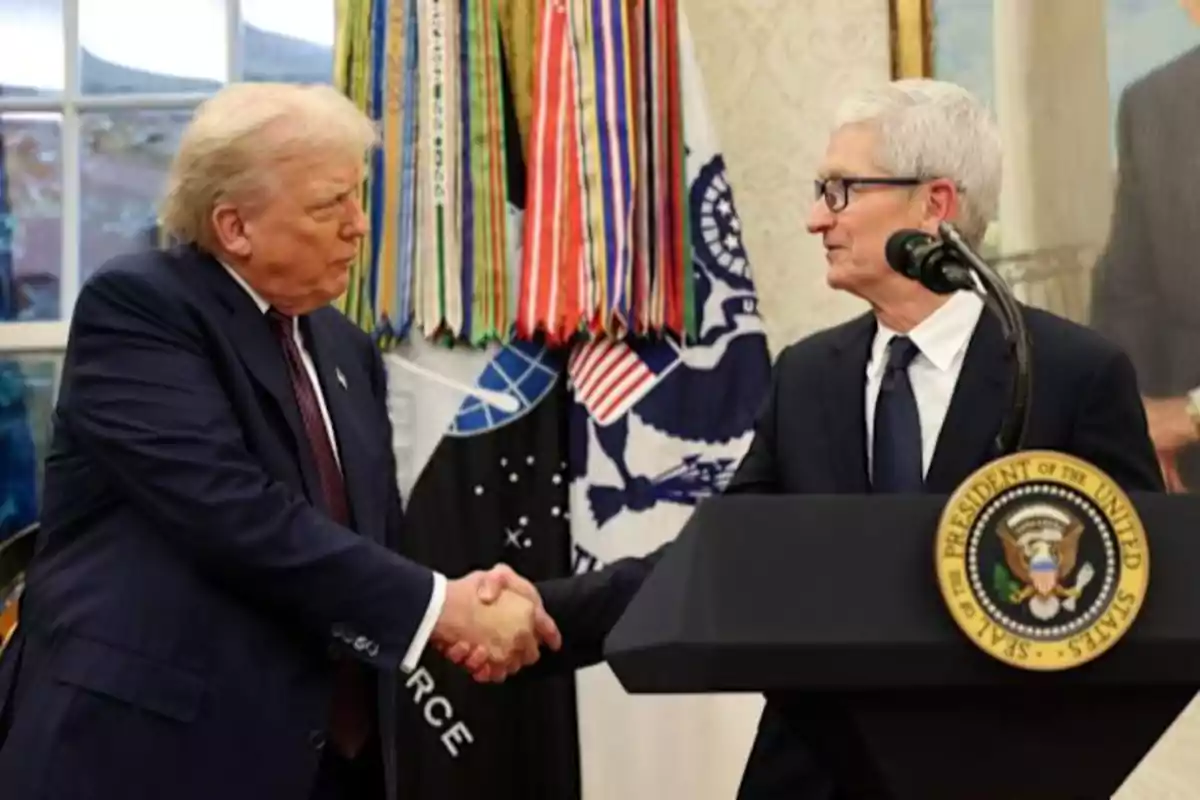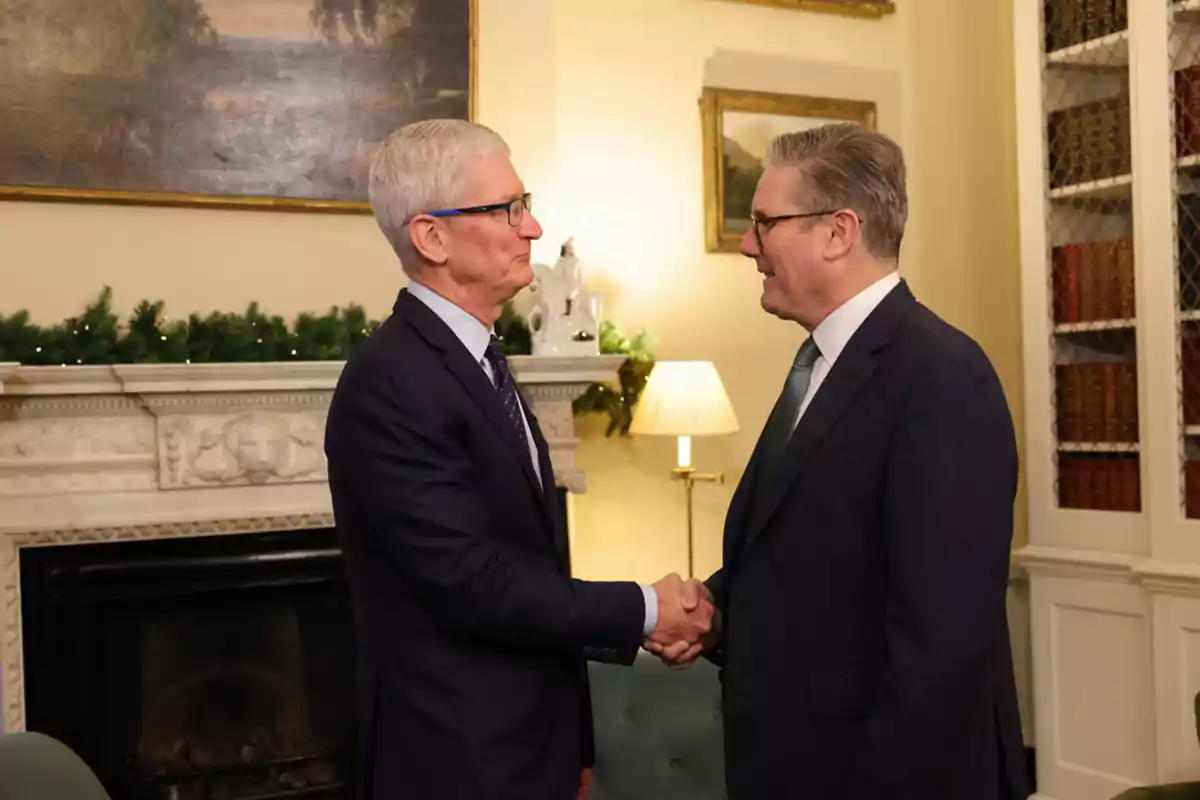
U.S. intervenes and the United Kingdom will no longer be able to require Apple to provide its users' data
British law required Apple to hand over its users' encrypted data so that Starmer's government could spy on them
In a victory for digital rights and user privacy, Apple will no longer be required to provide the United Kingdom's socialist government with access to encrypted data of United States citizens.
It was the intervention of United States Intelligence Chief Tulsi Gabbard that ended this transatlantic dispute over privacy that had lasted for months. The Trump official said Monday that London had agreed to withdraw this demand it had imposed on Apple, which would have allowed British bureaucrats to spy on the encrypted accounts of millions of Americans.
Gabbard stated that this reversal was the result of months of dialogue with the United Kingdom to "ensure that Americans' private data remains private and that our constitutional rights and civil liberties are protected."

The background of this episode.
Last February, Apple announced to its users in the United Kingdom that it could no longer provide them with the security feature known as end-to-end encryption, an area in which the Cupertino company excels.
Although Apple did not explain the reason for this change, the press revealed a few days later that it was because officials from Prime Minister Keir Starmer's government had secretly ordered the tech giant to provide full access to the data in the cloud of users worldwide.
According to the United Kingdom's Investigatory Powers Act, authorities can require companies to remove privacy protections for their consumers through what is known as a "technical capability notice." Companies that receive these types of notices are legally required to remain silent about the order unless the government grants them permission.

A victory for user privacy.
Like other major tech companies, Apple has promoted its use of end-to-end encryption as proof of its strong commitment to user privacy. This feature encodes data from start to finish in such a way that it can't be read by third parties, which by extension also applies to security agencies.
Governments around the world have tried numerous times to weaken or circumvent this type of encryption, claiming that this feature facilitates criminal activities. However, privacy experts and individual liberty advocates have condemned these attempts, which, although publicized as well-intentioned, could subject all users worldwide to surveillance.
John Pane, president of the advocacy group Electronic Frontiers Australia, described the United Kingdom's reversal as a victory for digital rights and security. "If Apple were to hand over its users' encrypted data, it would be creating a significant risk that could be exploited by cybercriminals and authoritarian governments," the expert said.

More posts: